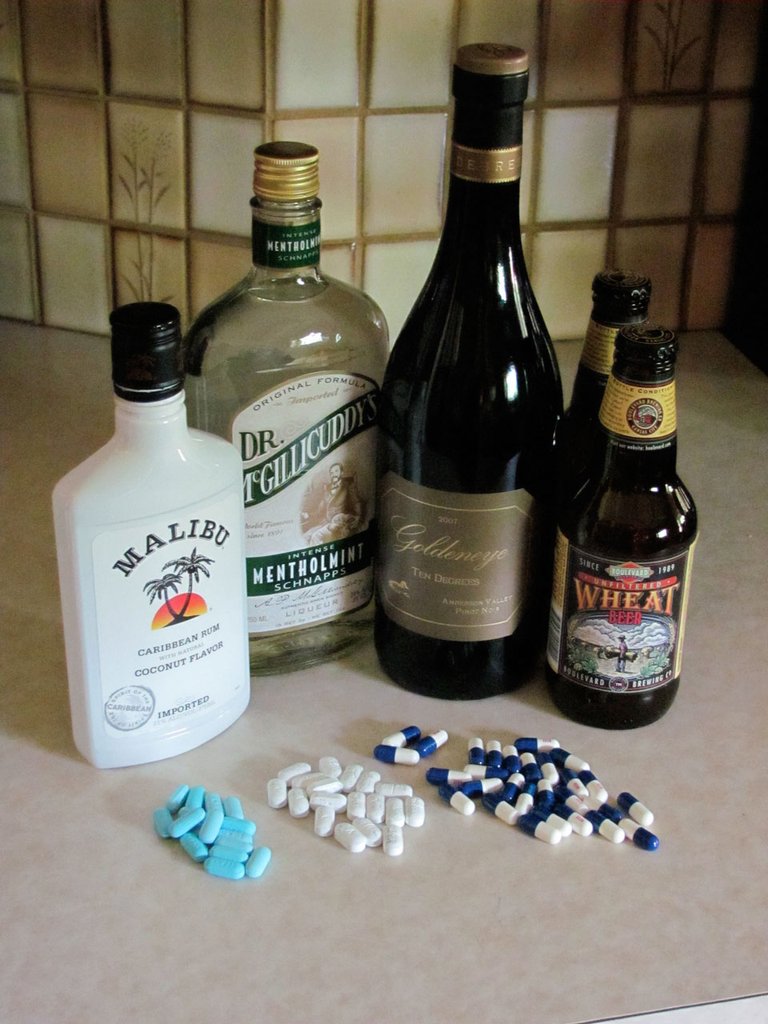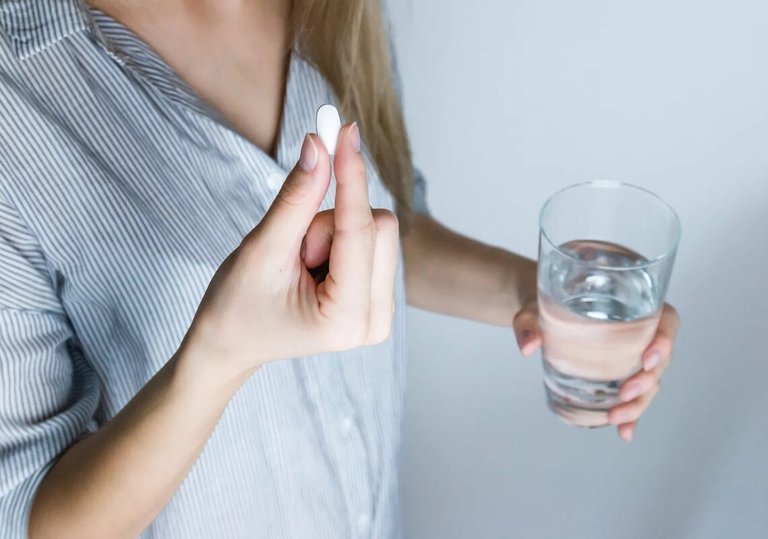In Nigeria, every weekend is a party time, and these parties start from Thursdays for people attending Christian and traditional burial wake-keeps to Friday where people either find themselves in the club, burial ceremonies, and Bachelor's eves, Saturday which is generally known for weddings, and Sundays which is the Thanks giving Sunday. You see, in all of this, some things are common, Nigeria Jollof, Owambe Aso-ebi, and Drinks (Alcohol/non-alcoholic beverages).
In this post I will be looking at Alcoholic beverages and one very wrong misconception. Last week, I was at a wedding ceremony and I saw my friend who cannot do without having alcohol every night avoiding alcohol in the party. I thought he had stopped drinking, so I congratulated him but he quickly told me he hadn't stopped taking alcohol but he wasn't taking at that moment because he was on antibiotics, and taking alcohol was going to impede the medication's action, and could cause something fatal where his kidneys would stop working, his heart collapse, and he falls dead on the floor.
Personally, I usually complain about his alcohol intake levels, and would have loved if he took antibiotics daily with his medical believes but then, it would lead to bacteria becoming resistant to the drug but then could taking alcohol with antibiotic cause such level of harm to human?
Should you take alcohol after taking antibiotics? I would not advise you to, but that doesn't mean that it would stop antibiotics from working. In real sense, alcohol will not stop antibiotics from working in the body but taking alcohol with drugs can lead to sick feelings such as nausea and vomiting.
After penicillin was discovered by Alexander Fleming in 1928,it was needed to treat soldiers who had infected wound, as well as people with sexually transmitted diseases like Gonorrhea. Since there was limited supplies of the drug, there needed to be a way to distribute the drug based on importance. Soldiers who were injured or soldiers who had sexually transmitted diseases.
In other to utilize the drug properly for the purpose of war, the drug was used to treat soldiers with Gonorrhea, and for them not to get in bed with women as a result of being drunk, and transmit the infection since the infection was still transmittable. Asking the patients not to drink during the period of the drug, the drug was allowed to work. So we could say it was more of a psychological need than a medicinal need.
Drinking alcohol with drugs will increase the time taken for the liver to process the medicine which leads to delayed recovery time. So you can take alcohol with some antibiotics if you want but not advisable, also, some antibiotics can have side effects like drowsiness, and dizziness increasing the nauseating effect of alcohol. Antibiotics such as Metronidazole, Tinidazole, Cephalosporin cefotetan, Erythromycin, and Linezolid as they can make people sick.
This is as a result of the drug producing the toxin Acetaldehyde in the blood which results in vomiting, headaches, chest pain, breathlessness, and increased heart rate. Drugs like metronidazole is related to antabuse which is used to treat alcoholism making alcoholic nauseated.
The dramatic belief that alcohol will cause antibiotics to fail catastrophically is more myth than fact, it's wise to err on the side of caution. Alcohol can exacerbate certain side effects and slow down recovery, and in combination with specific antibiotics, it can lead to unpleasant and even dangerous reactions. So, when on antibiotics, it might be best to skip the alcohol and enjoy the other aspects of Nigerian festivities.
Reference
https://www.ncbi.nlm.nih.gov/pmc/articles/PMC4520913/
https://www.ncbi.nlm.nih.gov/pmc/articles/PMC5369031/
http://www.afids.org/AFIDS%20Milit%20Med%20Suppl%208-STDs.pdf
https://www.drmortons.co.uk/blog/can-i-drink-alcohol-while-taking-antibiotics/
https://www.bmj.com/content/337/bmj.a2885
https://www.alcoholrehabguide.org/alcohol/drinking-drugs/antibiotics/
https://www.ncbi.nlm.nih.gov/pmc/articles/PMC6761694/


